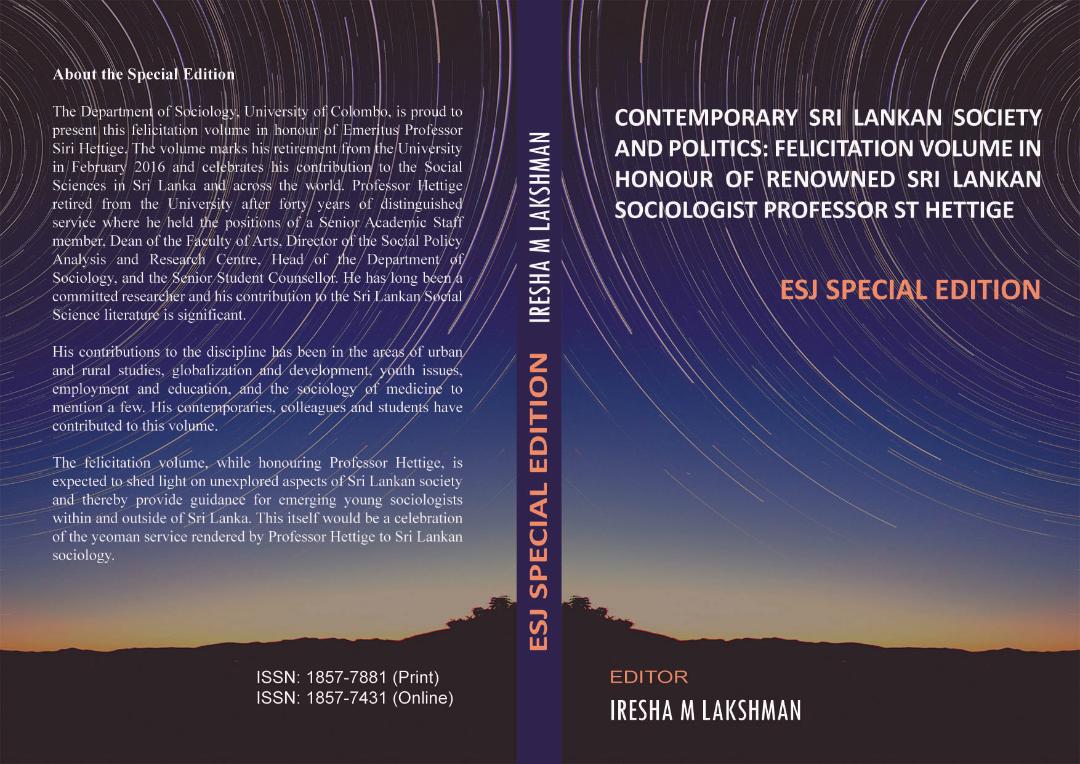From ‘identity’ to ‘belonging’ in social research: Plurality, social boundaries, and the politics of the self
Abstract
This text develops a theory of belonging critically building upon identity-research - while doing more justice to the dynamic nature of social constellations and to the multipositionality of social actors. The concept of ‘belonging’ is introduced as a combination of commonality, mutuality, and attachments. A vital opposition is made between the collective constellations of belonging and the individual navigations through multiple collective assemblages during the life course. It is argued that these navigations entail tackling manifold forms of boundary dynamics as collective belonging creates regimes that guard collectivities against the outsiders and also against the members’ attempts to abandon ‘their’ collectivities. The analysis draws upon ethnicity research, immigration research and globalisation research, i.e. in fields where issues of belonging are as vital as they are challenged, and therefore, they are often politicized. Rather than taking a specific collective belonging for granted, e.g. ethnic, religious or national, this contribution addresses the situated nature of individual positionings, the possibility of combining different dimensions of belonging, and the necessity to belong together in contemporary societies.
Downloads
PlumX Statistics
Copyright (c) 2020 Joanna Pfaff-Czarnecka

This work is licensed under a Creative Commons Attribution-NonCommercial-NoDerivatives 4.0 International License.








